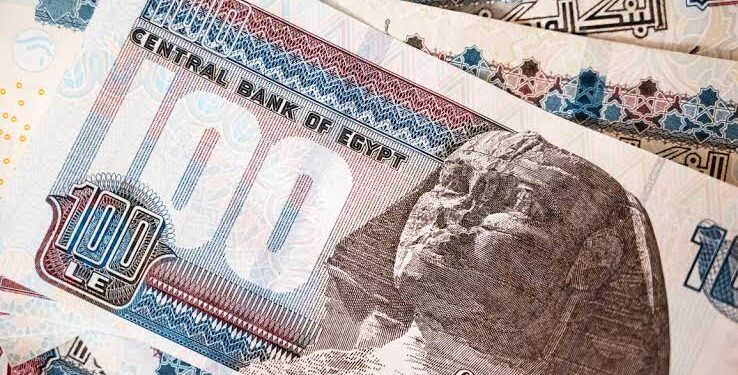By John Ikani
Egypt’s inflation rate has shown continued signs of cooling down, marking its fifth consecutive month of decline.
The annual consumer price index in urban areas dropped to 25.7% in July from 27.5% in June, reaching its lowest point since late 2022.
Food and beverage costs, a significant factor in overall inflation, also saw a decrease, moving from 31.9% to 29.7% year-on-year.
This positive trend is surprising many economists, especially considering the sharp devaluation of the Egyptian pound earlier this year.
The currency’s depreciation was aimed at addressing a prolonged economic crisis and securing a $57 billion bailout package.
Despite recent increases in fuel prices, bread costs, and public transportation fares as part of government austerity measures, experts predict a continued decline in inflation for the rest of 2024.
This could potentially lead to the central bank cutting interest rates for the first time since 2020.
While the easing inflation is encouraging, the country still faces economic challenges and the full impact of subsidy cuts on the population remains to be seen.




































